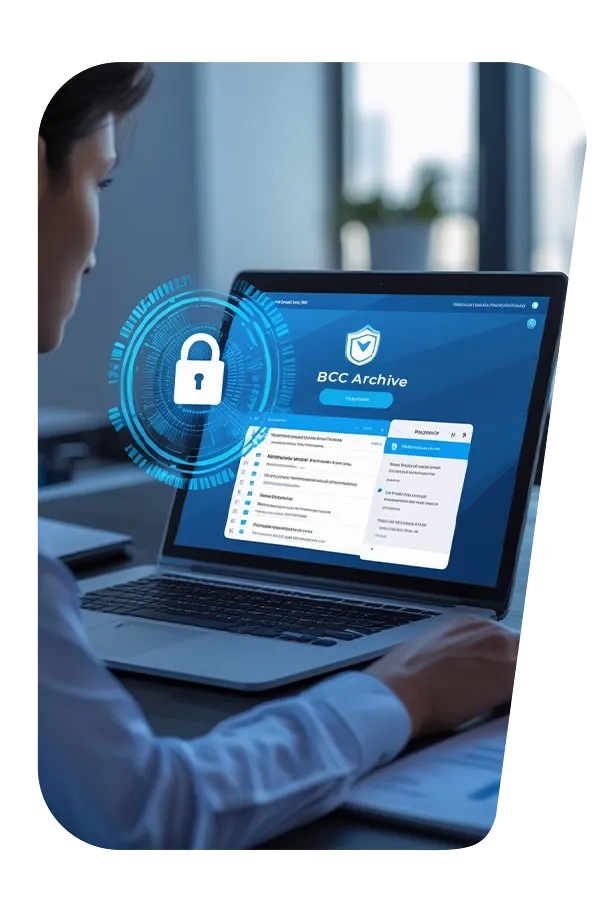In the modern era, having a digital presence is no longer a luxury; it is a necessity for survival. Irrespective of whether you are a blogger, a business owner, or an entrepreneur, generating a powerful website is the first step towards your audience engagement and establishing credibility. This is where platforms like WordPress and CMS (Content Management Systems) come into play, offering user-friendly tools to build and manage websites with ease. But here is the main question: How can you develop and handle a website without being a tech expert?
This is exactly where CMS (Content Management Systems) and WordPress come forward, emerging as powerful platforms. They help users to develop and handle websites with relative ease, even without having a strong technical background. As the need for scalable, user-convenient, and cost-effective web solutions expands, CRM platforms such as WordPress have become a preferrable choice for millions of users around the world.
The main focus of this blog is to shed light on the fundamental aspects of CMS and WordPress, recognizing how they work, and why they have become so important for present-day web development.
What Do We Mean by CMS (Content Management Systems)?
A CMS, i.e., Content Management System, is a kind of software application that enables users to edit, create, publish, and manage content on the website without writing a single line of code. CMS can be considered as an engine driving your website, enabling you to organize all aspects starting blog posts and images to intricate page layouts.
In simple language, you can imagine CMS as an online workspace where you can showcase your website the way you want, add quality content, handle media, and ensure regular updates in real-time.
Let us take a look at some of the core advantages of using a CMS:
- User-convenient Interface: The user-friendly interface makes it easy for even the non-developers to update various content and update pages with relative ease.
- Time-efficient: Minimizes time spent on website development and content updates.
- Collaboration: Numerous users can edit and handle content at the same time.
- Scalability: Best solution for all aspects ranging from micro blogs to corporation-level websites.
- Cost-Efficient: Minimizes the need for a professional developer to make changes in real-time.
There are numerous CMS platforms available including Drupal, Joomla, and Magneto. However, none of the websites have gained as much prominence and are as user-friendly as WordPress.
What Do We Mean by WordPress?
At its very basic, WordPress can be considered an open-source content management platform that enables users to develop blogs and websites with relative ease. Started in 2003 as a normal blogging platform, WordPress has grown into a comprehensive website development platform that drives more than 43% of websites on the web today.
Irrespective of whether you want to generate a portfolio, a business website, or an eCommerce store, WordPress provides unparalleled simplicity and flexibility.
Here are some salient features that differentiates WordPress:
- Open-Source Solution: The tool is entirely free of cost supported by an extensive community of developers.
- Templates and Themes: Thousands of pre-built templates ensure that your website get a professional look immediately.
- Extensions for Everything: Extend the functionality of your website with around 50,000+ free plugins—contact forms, SEO platforms, galleries, etc.
- SEO-Friendly: Plugins and in-built features such as Yoast SEO make it convenient to create quality content relevant for better SERP results.
- Mobile Responsive: A lot of themes on WordPress are mobile-friendly. This essentially means that your website looks appealing on all devices and platforms.
How Can WordPress and CMS Integrate?
It is quite significant to understand that WordPress is a kind of CMS, but one that is extensively powerful due to its user-friendliness, customizability, and extensive plugins and themes options.
Let us understand it further with the help of a simple example:
Imagine a scenario where you wish to create a travel blog. With a conventional website, you would need to understand CSS, HTML, and JavaScript to go ahead. Courtesy of WordPress, you just need to install the software. You can also choose a hosting provider that provides 1-click WordPress installation. Then, you just need to pick a theme and begin your writing process. You can also upload images, add various categories, and schedule all your posts with the help of a few clicks.
This is just how WordPress operates; as a CMS, it removes barriers and allows users to concentrate more on content instead of code.
Why Should You Choose WordPress as Your CMS?
Selecting the right CMS platform is a vital aspect for your digital success. WordPress is not only user-friendly; it also enhances your content as your needs advance. You can begin with a blog and then convert it into a full-fledged eCommerce store leveraging platforms such as WooCommerce.
Here are a few real-world advantages of utilizing WordPress:
- Owners of small businesses can launch a digital store without recruiting a full development team.
- An online agency can handle numerous client websites using one unified dashboard.
- Content creators can proceed to monetize their blog with minimum technical know-how.
Final Thoughts
In the fast-evolving digital landscape, understanding platforms that develop, and handle websites is important. CMS platforms and WordPress have made web development a lot more accessible. This democratized web development makes it easy for users of all levels ranging from solo creators to large-scale corporations.
If you wish to launch your first website or you are looking to transition to a more manageable platform, WordPress must be the preferrable option. The platform is powerful, flexible, and trusted by millions of users worldwide. Most significantly, it enables you to prioritize the most significant aspects—producing helpful content and enhancing your online presence.
Let your ideas take center stage. With WordPress and a strong CMS foundation, building a future-ready website is no longer a dream—it’s just a few clicks away.


 Share on media
Share on media

%201.png)

%201.png)

%201.png)
